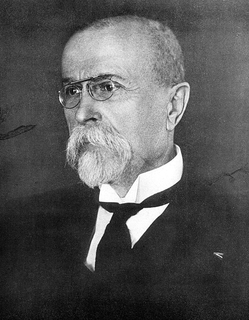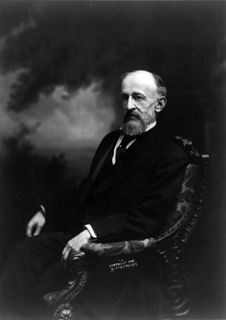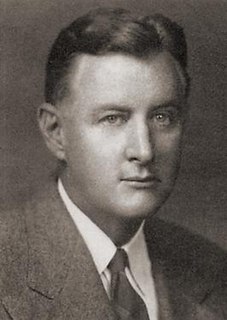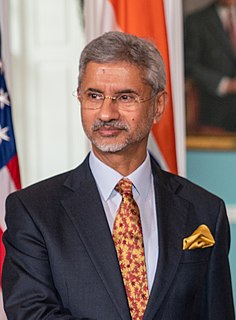A Quote by Tomas Garrigue Masaryk
Zionism has gained my full sympathy and I appreciate
it much higher than what is called nationalism in modern
France. It is a progressive movement, a reawakening,
of which I expect a lot for the entire civilization.
Related Quotes
The blind spot for the in the Southern Progressive Movement - as for that matter in the national [progressive] movement - was the Negro, for the whole movement in the South coincided paradoxically with the crest of the wave of racism. Still more important to the association of the two movements was the fact that their leaders were often identical. In fact, the typical Progressive reformer rode to power in the South on a disenfranchising or white-supremacy movement.
In India there was a sense of time that does not tick with modern clocks, just as there is a knowledge that is not gained through science and empirical experiments. In the modern West knowledge is of objective, finite particulars in historical time. India recognizes that kind of useful information: it calls it "lower knowledge." Higher knowledge (paravidya) proceeds differently, or rather it doesn't proceed at all but enters history full-blown on the morning of a new creation.
Here is the difference, nationalism has a certain connotation in Europe, which is not necessarily positive, but I think in Asia, nationalism is seen very much as a sort of natural corollary to economic progress, almost like you're independent, you progress, you are prosperous and nationalism comes with all of that.
To be a true Progressive it is not sufficient to stand up and say that one belives in what has been promulgated as progressive principles. One must be progressive in heart and active in promoting the progressive principles of today, tomorrow and always. There is no resting point, for humanity is ever ascending to a higher and better goal.
Moral improvement (or perfecting) require an evolution leading to a higher consciousness, which is the true torch of life; it is what we have failed too much to appreciate, and that which would be fatal to fail to appreciate any longer ("pluslongtemps", Fr.); For if we do not take it upon ourselves to remedy in time to the moral colapse (or bankruptcy) that already threaten, the whole civilisation will risks to disappear.


































